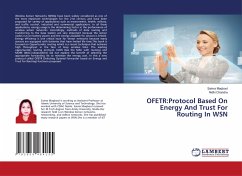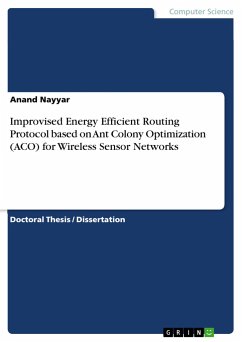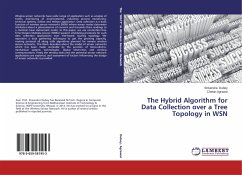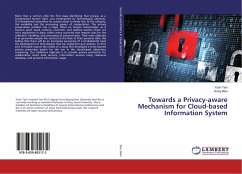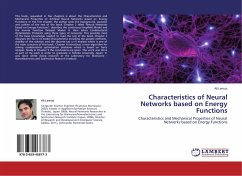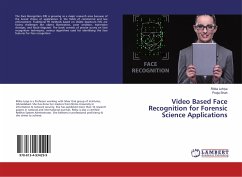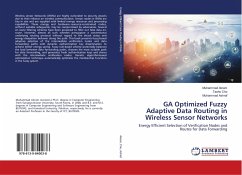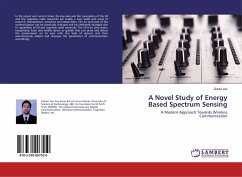Wireless Sensor Networks (WSNs) have been widely considered as one of the most important technologies for the 21st century and have been proposed for variety of applications such as environment, health, military, and traffic control, industrial and commercial applications. In all these applications, energy usage is the determining factor in the performance of wireless sensor networks. Accordingly, methods of data routing and transferring to the base station are very important because the sensor nodes run on battery power and the energy available for sensors is limited. Energy efficiency is one critical issue for sensor networks because many sensors are equipped with batteries that have limited life time.This book is focused on Opportunistic routing which is a recent technique that achieves high throughput in the face of lossy wireless links. The existing opportunistic routing protocol, ExOR (ties the MAC with routing) and MORE (MAC-independent) did not explore the benefit of selecting the appropriate forwarding list to minimize the energy cost. In this a new protocol called OFETR (Selecting Optimal Forwarder based on Energy and Trust for Routing) has been proposed.
Bitte wählen Sie Ihr Anliegen aus.
Rechnungen
Retourenschein anfordern
Bestellstatus
Storno

